The extended manufacturers’ roof warranty programs being sold to building owners today have clearly become an issue. As competition has gotten keener among manufacturers and generic systems, the manufacturers have yielded to these pressures by lowering their prices and extending their warranty periods.
Roofing system manufacturers and distributors have internal pressures within their organizations to increase sales and meet quotas. Within this competitive environment, vendors must establish credibility with their customers.
Typically, instead of investing in research, product development, field testing, and quality control, manufacturers have found it faster, easier, and initially less costly just to offer the consumer an extended warranty on their roofing products.
The Promises
Some warranties have been extended up to 25-year warranty programs offered on a proprietary BUR system. But there are conflicting interests and contradictory principles at work. Everyone involved stands to lose if this approach is allowed to continue. Lowering prices and extending warranty periods can be costly and—in some cases—has been catastrophic (Koppers, W. R .Grace, Gates, etc).
Building owners have been led to believe that the manufacturers and applicators will take care of all their needs, including surveying their roof problem, making recommendations for repair, as well as providing design services, quality assurance inspections during and at installation, and an on-going warranty support. As a result, senior managers for many of these corporate owners have lost sight of their true obligations concerning their roofing needs. Other than potentially-empty promises and hope, there are no real assurances.
The Economics
It is rare indeed for a manufactured product to have a lower price while the guarantee period is extended. Yet sales increase when this marketing is adopted. This, in turn, brings an increase in the manufacturer’s liability. By the time defects show (around 3-5 years after purchase), a new roofing product or system has impacted the marketplace.
Typically, the less manufacturers or vendors have invested (or stood to risk losing), the more they have promised or guaranteed. People rarely get something for nothing—and certainly the roofing industry has proved to be no exception to this rule.
The Misconceptions
Consumers have been misled to believe that extended warranties mean a quality product, but there is no direct correlation. Historically, roofing systems have proven to be only as good as their weakest component.
Owners attempt to fix roofs before they define and qualify why the original roof failed in the first place. Throwing money at the problem has never, by itself, ever solved a roofing problem. In many cases, building owners have spent more money than they needed for their roof or to solve their problem.
Roof systems can be designed and installed today that have the realistic potential for 20-plus years of effective service life. However, this is more the exception than the rule within our industry today.
The Conclusions
Warranties and extended guarantees are currently being used in the industry today as sales and marketing tools. There is little relationship between the guarantee offered on the product and its actual quality. Over the past 25 years within the roofing industry, many manufacturers and suppliers have gone out of business due to extensive warranty obligations. The industry is at a crossroads—between new and generic systems.
Thus, building owners, designers, and installers should be wary of purchasing warranties and instead return to purchasing quality systems from reputable manufactuers. Buy a roof, not a warranty.
Brennen Baker
President
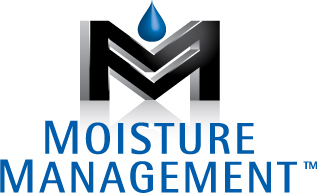

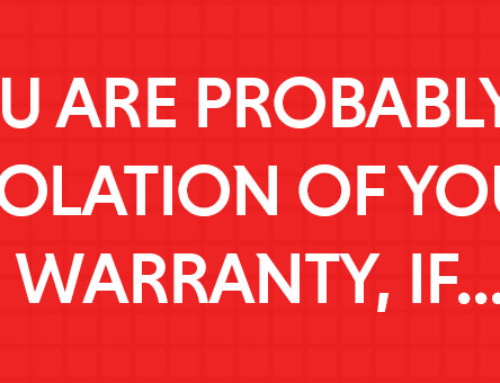
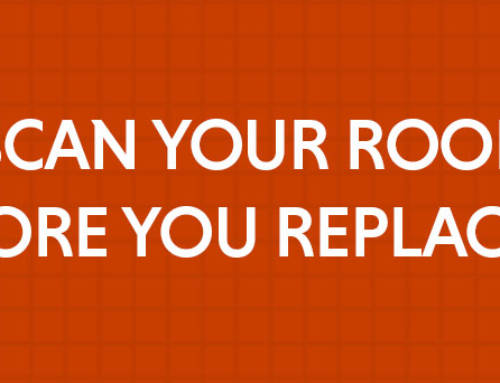

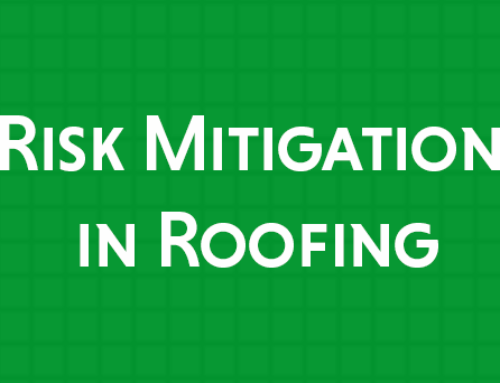
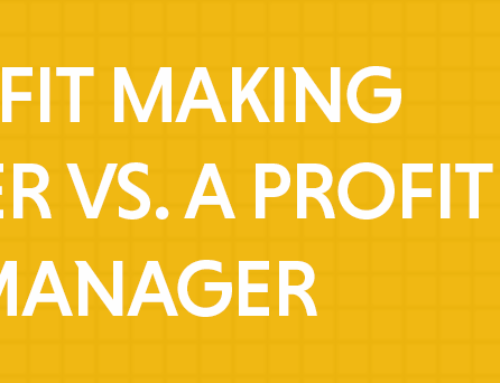
Leave A Comment
You must be logged in to post a comment.